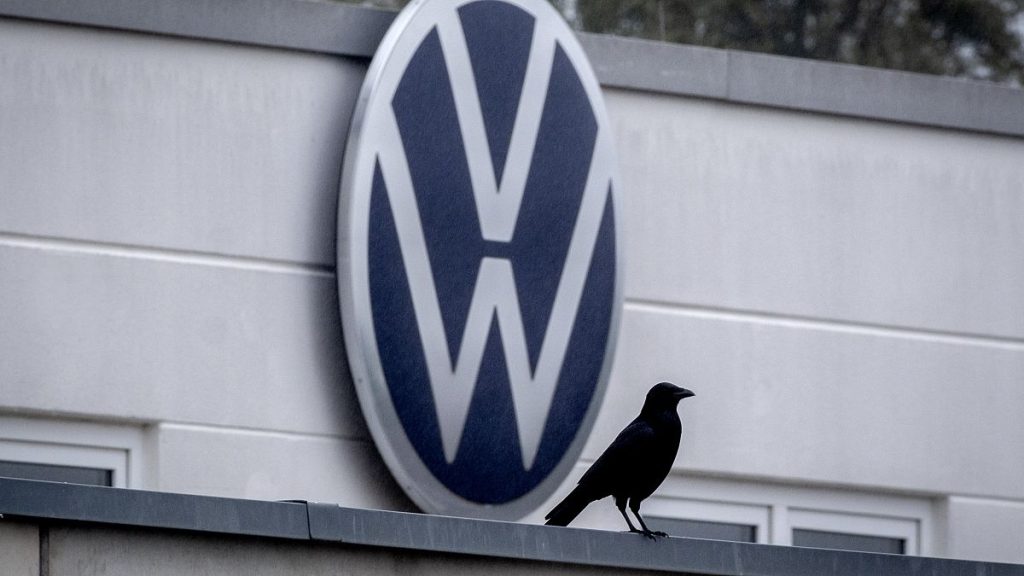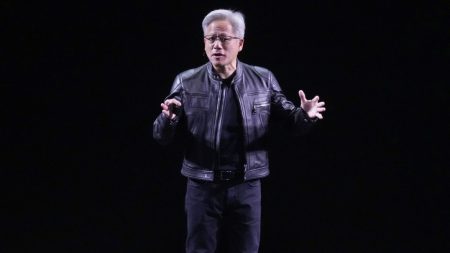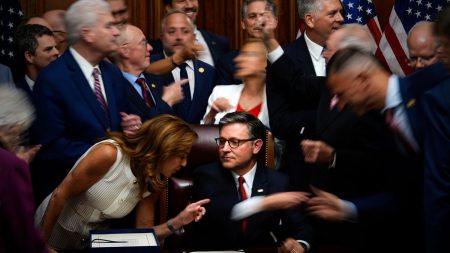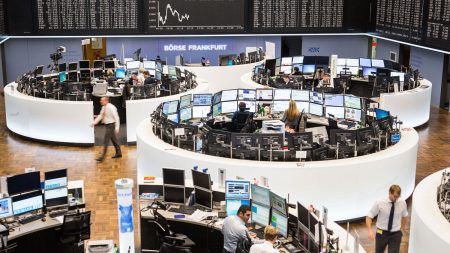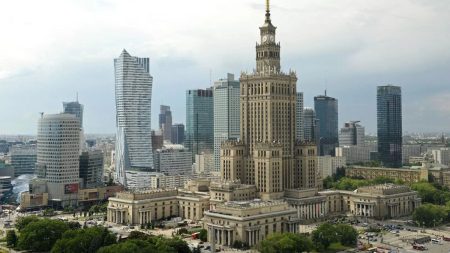Volkswagen workers in Germany are poised to strike in early December following failed negotiations between the union IG Metall and company management over significant cost-cutting measures. The union has deemed the strikes “necessary” in light of circumstances that have forced the company into a precarious position. According to IG Metall, the entire Volkswagen workforce across the country is prepared to take action, emphasizing that the extent and duration of the strikes will ultimately depend on the outcome of negotiations. This situation has arisen against a backdrop of severe challenges facing Volkswagen, including competition from Chinese auto manufacturers, leaden demand for electric vehicles, and a sluggish German economy.
The necessity for the strikes is amplified by Volkswagen’s announcement of plans to close at least three production plants within Germany, alongside the potential for cutting tens of thousands of jobs. In a distressing communication to employees, the company requested that those who remain accept a 10% reduction in their pay. Such drastic measures stem from the company’s need to respond effectively to significant declines in profitability, as evidenced by two profit warnings within a three-month span. This announcement has exacerbated fears surrounding job security and the overall stability of employment at Volkswagen.
In the wake of these revelations, it became evident that the closure of certain plants and job cuts are part of a broader restructuring strategy initiated by Volkswagen. This strategy is driven by the imperative to streamline operations, reduce labor costs, and navigate fierce competition in the automotive sector. Management expressed concerns that persistent low profit margins—cited at only 2.1% for the Volkswagen brand—would hinder the company’s ability to invest in future projects and maintain financial viability. As such, the need for aggressive measures has become a focal point of the company’s operational discussions.
In response to management’s cost-cutting plans, the workers’ council has suggested that a possible remedy could stem from upper management relinquishing their bonuses, positing that this would demonstrate a shared commitment to the company’s well-being. This proposal aims not only to alleviate some of the financial burden on regular employees but also to foster a sense of collective responsibility among all levels of the company. This potential solution reflects the broader sentiment among workers that the burden of economic adjustments should not fall disproportionately on lower and middle-income staff while executives continue to benefit.
The current labor unrest at Volkswagen represents a critical moment for the German automotive industry, as it grapples with a rapidly shifting market landscape. The rising pressure from international competitors, particularly those from China, combined with changing consumer preferences and hesitating market demand for electric vehicles, creates an environment of uncertainty and tension. Consequently, negotiations between unions and management become crucial, as both parties aim to chart a sustainable path forward amid these challenges.
As the strike date approaches, the stakes are high for both Volkswagen and its workforce. The outcome of the negotiations could have far-reaching implications not only for the company’s operational strategy but also for the future of employment within Germany’s automotive sector. The willingness of workers to strike underscores their desire for fair treatment and stability in an uncertain economic climate. Ultimately, Volkswagen’s ability to navigate these turbulent waters will be vital in shaping the company’s future, reflecting the broader struggles of traditional automakers as they endeavor to adapt to an evolving industrial landscape.




